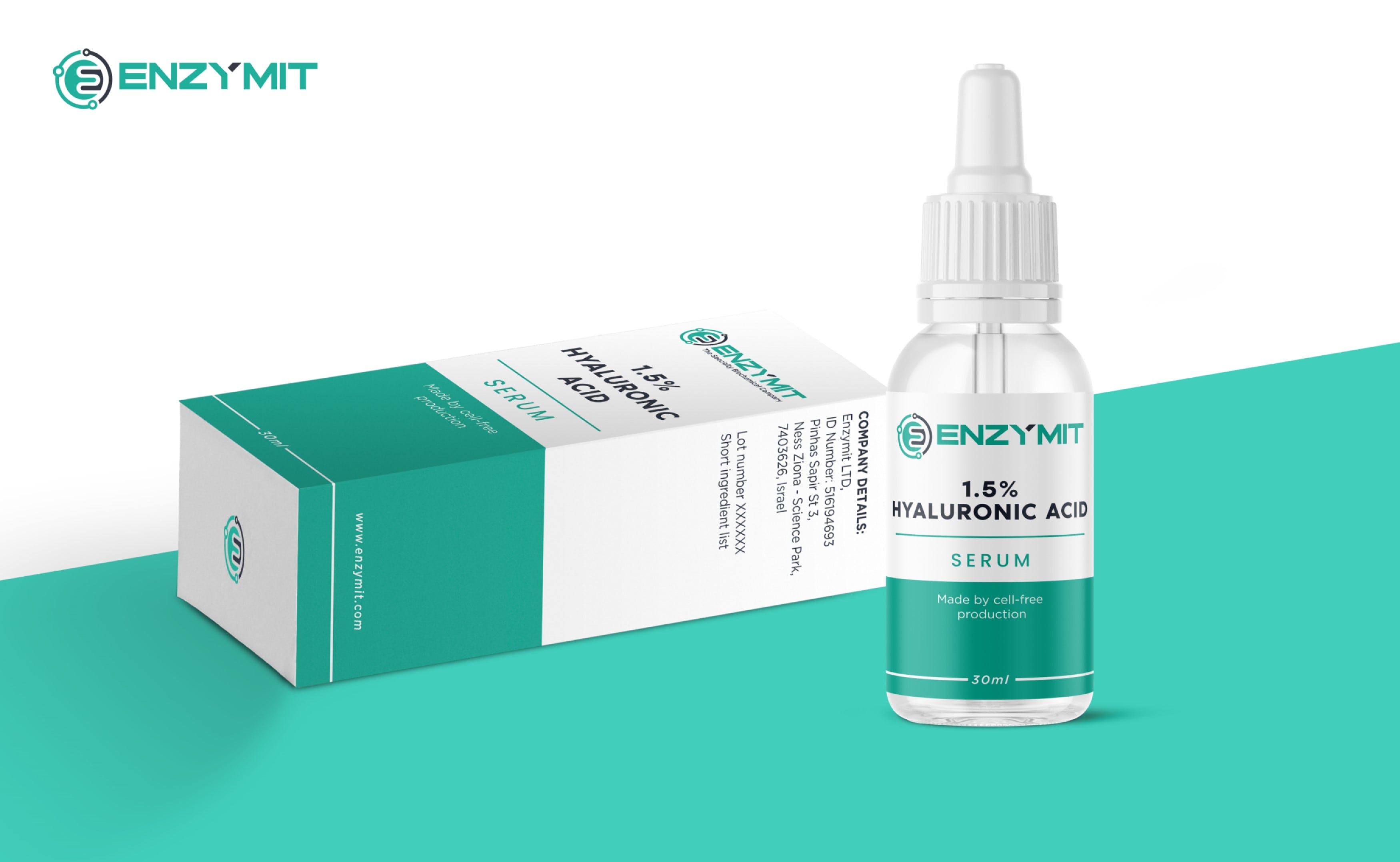CDE: What are the latest sustainability developments at Weleda?
Jayn Sterland (JS): Weleda is currently re-certifying via B Corp (B Corp is an ongoing commitment to improve on a brand’s existing position) and this process will shape our focus over the next two years, as our target is to raise our standards every year. Part of this focus is to increase the amount of land we farm regeneratively both ourselves and through our long-term farming partners, such as Sekem in Egypt where they are claiming back the desert and converting it into productive farm land.
Weleda is actively involved in the B Corp beauty coalition (B Beauty) to raise awareness, raise standards and open-source expertise within the sustainable beauty industry. This initiative was founded by a small group of well-known B Corp companies and I’m delighted to say we now have over 60 B Corp-accredited sustainable beauty companies working together.
CDE: In December, we reported on Weleda’s ‘Futurum’ initiative investigating sustainable packaging. What’s the latest with this?
JS: Through ‘Futurum’, Weleda has a target for all our packaging to ‘do no harm’ by 2030 and we are on track. We have switched away from blue and clear glass to recycled green glass (which is more sustainable).
We are moving away from plastic tubes made from post-consumer recyclate to glass jars for our facial skincare; we have worked with our suppliers to develop a recycled aluminium tube and will be switching our hero Skin Food into this over the next 12 months.
We are streamlining our Weleda Baby packaging – improving our recyclable plastic bottles for our baby care products so they will be lighter and made entirely from rPET, and we have improved consumer information on pack about our packaging materials. We are also testing innovative new methods of distribution such as traceable, returnable packaging.
CDE: What do you think is important right now in terms of sustainability in the beauty and wellness industries?
JS: Just as we have seen beauty brands adopting dubious ‘natural’ or ‘organic’ claims, we are now seeing similar greenwashing with environmental claims, and ‘bluewashing’ too.
Personally, I don’t think terms like ‘plastic-free’, ‘carbon-positive’, or ‘marine-claimed plastics’ etc help in this regard. There isn’t a cosmetics company globally that can say it has a positive impact on the planet yet, because we are all part of an unsustainable system. From the ingredients and water we use, the packaging we use, the global issues with recycling, the footprint of the money we generate, the carbon footprint generated as we use the products, the footprint of global transportation, and so on.
Our industry is a highly complex system and any attempt by a brand to claim sustainability leadership within it is frankly at best disingenuous. There is a lot of work still to be done.
CDE: What do you think is important now in terms of ‘clean beauty’?
JS: There is increasing scientific evidence that the use of certain microplastics (not the solid microbeads, but semi-solid and liquid synthetic polymers) within personal care products have significant, adverse health implications.
A number of key European brands, including Weleda, supported an open letter seeking the banning of these microplastics within product formulation. This is believed to have made a significant impact in demonstrating to the EU institutions that progressive brands are actively working towards a future free from microplastics.
On 26 April 2023, the European Commission’s REACH Committee voted in favour of the restriction of intentionally added microplastics, albeit with long transitional periods – for example lead times within certain colour cosmetics sectors are up to 12 years. Shortly after this, a Plastic Health Symposium was held at the European Parliament in Brussels on 2 May 2023, from which an international white paper on ‘plastic and human health’ was created, with 10 policy recommendations to be considered during the United Nations Global Plastics Treaty negotiations and the recently launched Plastic Health Council (which has been created by the Plastic Soup Foundation and A Plastic Planet) following this Symposium event.
The Plastic Health Council has been set-up with one mission: to put the harmful human health impacts of plastics and their chemicals at the heart of the Global Plastics Treaty. This Council will continue to support the leading health scientists focusing on the human health impact of plastic.
CDE: What do you think needs to change in terms of sustainability and clean beauty in the beauty industry?
JS: As mentioned, there is a legislative move towards the policing of sustainable and green claims by both the EU and the UK government that is much needed and to be welcomed. But it’s not enough. We have a plethora of brands that are greenwashing, and an industry reputation for not telling the truth in our marketing. This has to change, and the industry needs to start regulating itself through honest marketing and growing levels of consumer awareness. The next step must be to get the gatekeepers (distributors, retailers, e-tail) on board, setting standards for ingredients and packaging and following industry leaders such as Whole Foods Market and Holland & Barrett.
CDE: What trends do you expect to see in terms of ‘green and clean’ beauty in the future?
JS: Packaging as ‘service’ is an interesting concept many of the bigger brands like Weleda are testing – this could ultimately result in standardising the types of packaging we all use. There are debates currently raging regarding which is the most sustainable between lab-grown, nature-identical versus plants grown through regenerative farming methods, which I think is a very positive debate to be having.
We will see a growing number of B Corp-certified beauty companies over this next year, including some very big names, which can only be a positive thing. Initial B Corp certification being the start point, not the end point. Finally, as wellness comes to the forefront we will see many more products with stronger claims and maybe even soft health claims as we seek to differentiate and premiumise our offers.
CDE: Anything else you’d like to add?
JS: Given the latest news regarding the climate emergency, it is easy to get depressed. However, within our industry we have great initiatives happening – from the global project looking at environmental product claims on pack, through to various coalitions forming where resources and knowledge are pooled, such as the Sustainable Beauty Coalition in the UK.
It’s imperative these coalitions of ‘the willing’ gain traction and deliver quick wins to avoid fatigue. As Shaun Russell, the Chairman of the B Corp B Beauty Coalition, is fond of saying: “if you want to go fast go alone, if you want to go far go together”. We all need to travel together and put aside our differences to deliver better solutions, faster.





